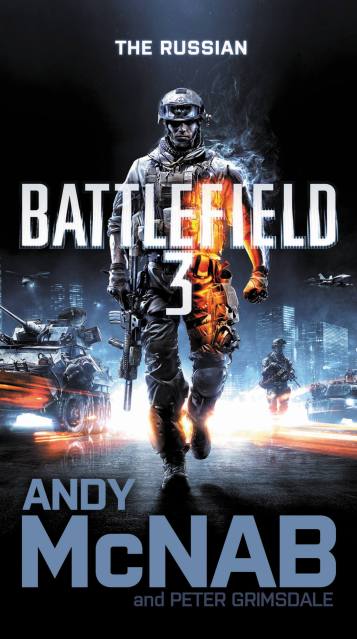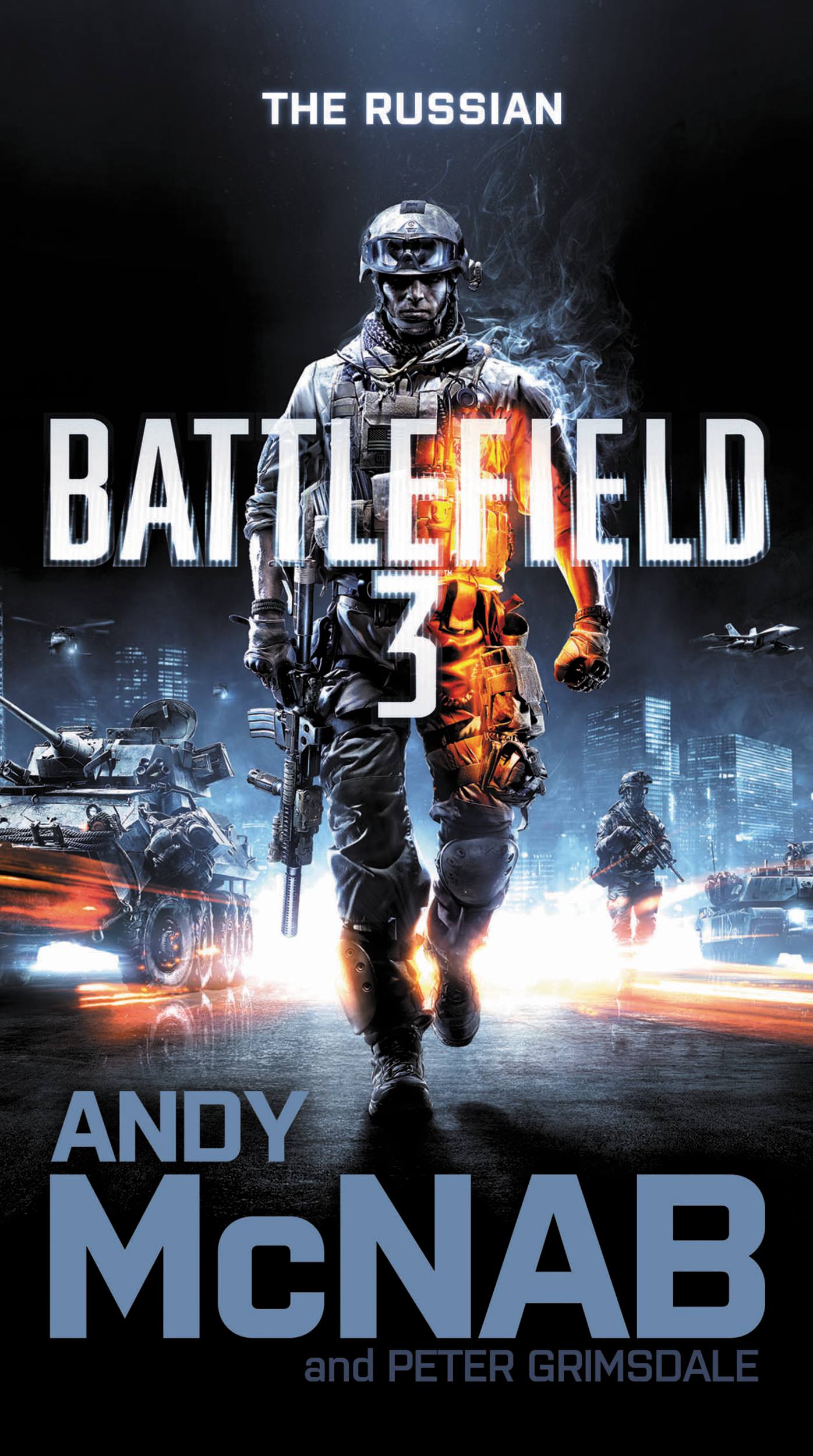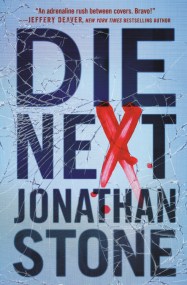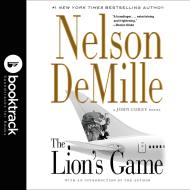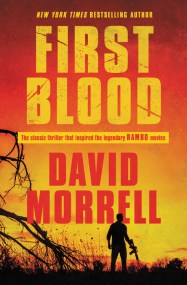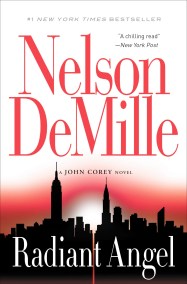Promotion
Use code MOM24 for 20% off site wide + free shipping over $45
Battlefield 3
Contributors
By Andy McNab
With Peter Grimsdale
Formats and Prices
Price
$6.99Price
$8.99 CADFormat
Format:
ebook $6.99 $8.99 CADThis item is a preorder. Your payment method will be charged immediately, and the product is expected to ship on or around November 1, 2011. This date is subject to change due to shipping delays beyond our control.
Also available from:
As bullets whiz by, walls crumble, and explosions throw you to the ground, the battlefield feels more alive and interactive than ever before. In Battlefield 3, players step into the role of the elite U.S. Marines where they will experience heart-pounding missions across diverse locations including Paris, Tehran and New York…
Since 2002, EA’s series of Battlefield games have set the standard for realism and ambition. And in Autumn 2011, with the global release of the hotly anticipated Battlefield 3, they’re raising the bar even higher. Battlefield 3 will be the most authentic, vivid, all-action first person shooter ever.
To be published alongside the game, Battlefield 3: The Russian is also best in class – the first time that a games publisher has worked so closely with an internationally bestselling author.
Never before has a tie-in book benefitted from this level of collaboration from the creative team behind the game itself. Nor has it been written by a thriller writer with such a strong track record and reputation.
Displaying all of McNab’s trademark grit, authenticity and insight, Battlefield 3: The Russian is a scorching top-of-the-line military thriller and a heart-stopping race against time.
Prepare to be blown away…
Andy McNab joined the infantry as a boy soldier. In 1984 he was ‘badged’ as a member of 22 SAS Regiment and was involved in both covert and overt special operations worldwide. During the Gulf War he commanded Bravo Two Zero, a patrol that, in the words of his commanding officer, ‘will remain in regimental history for ever’. Awarded both the Distinguished Conduct Medal (DCM) and Military Medal (MM) during his military career, McNab was the British Army’s most highly decorated serving soldier when he finally left the SAS in February 1993. He wrote about his experiences in three books: the phenomenal bestseller Bravo Two Zero, Immediate Action and Seven Troop.
He is the author of the bestselling Nick Stone thrillers. Besides his writing work, he lectures to security and intelligence agencies in both the USA and UK. He is a patron of the Help for Heroes campaign.
Since 2002, EA’s series of Battlefield games have set the standard for realism and ambition. And in Autumn 2011, with the global release of the hotly anticipated Battlefield 3, they’re raising the bar even higher. Battlefield 3 will be the most authentic, vivid, all-action first person shooter ever.
To be published alongside the game, Battlefield 3: The Russian is also best in class – the first time that a games publisher has worked so closely with an internationally bestselling author.
Never before has a tie-in book benefitted from this level of collaboration from the creative team behind the game itself. Nor has it been written by a thriller writer with such a strong track record and reputation.
Displaying all of McNab’s trademark grit, authenticity and insight, Battlefield 3: The Russian is a scorching top-of-the-line military thriller and a heart-stopping race against time.
Prepare to be blown away…
Andy McNab joined the infantry as a boy soldier. In 1984 he was ‘badged’ as a member of 22 SAS Regiment and was involved in both covert and overt special operations worldwide. During the Gulf War he commanded Bravo Two Zero, a patrol that, in the words of his commanding officer, ‘will remain in regimental history for ever’. Awarded both the Distinguished Conduct Medal (DCM) and Military Medal (MM) during his military career, McNab was the British Army’s most highly decorated serving soldier when he finally left the SAS in February 1993. He wrote about his experiences in three books: the phenomenal bestseller Bravo Two Zero, Immediate Action and Seven Troop.
He is the author of the bestselling Nick Stone thrillers. Besides his writing work, he lectures to security and intelligence agencies in both the USA and UK. He is a patron of the Help for Heroes campaign.
Genre:
- On Sale
- Nov 1, 2011
- Page Count
- 416 pages
- Publisher
- Grand Central Publishing
- ISBN-13
- 9781455508914
Newsletter Signup
By clicking ‘Sign Up,’ I acknowledge that I have read and agree to Hachette Book Group’s Privacy Policy and Terms of Use
